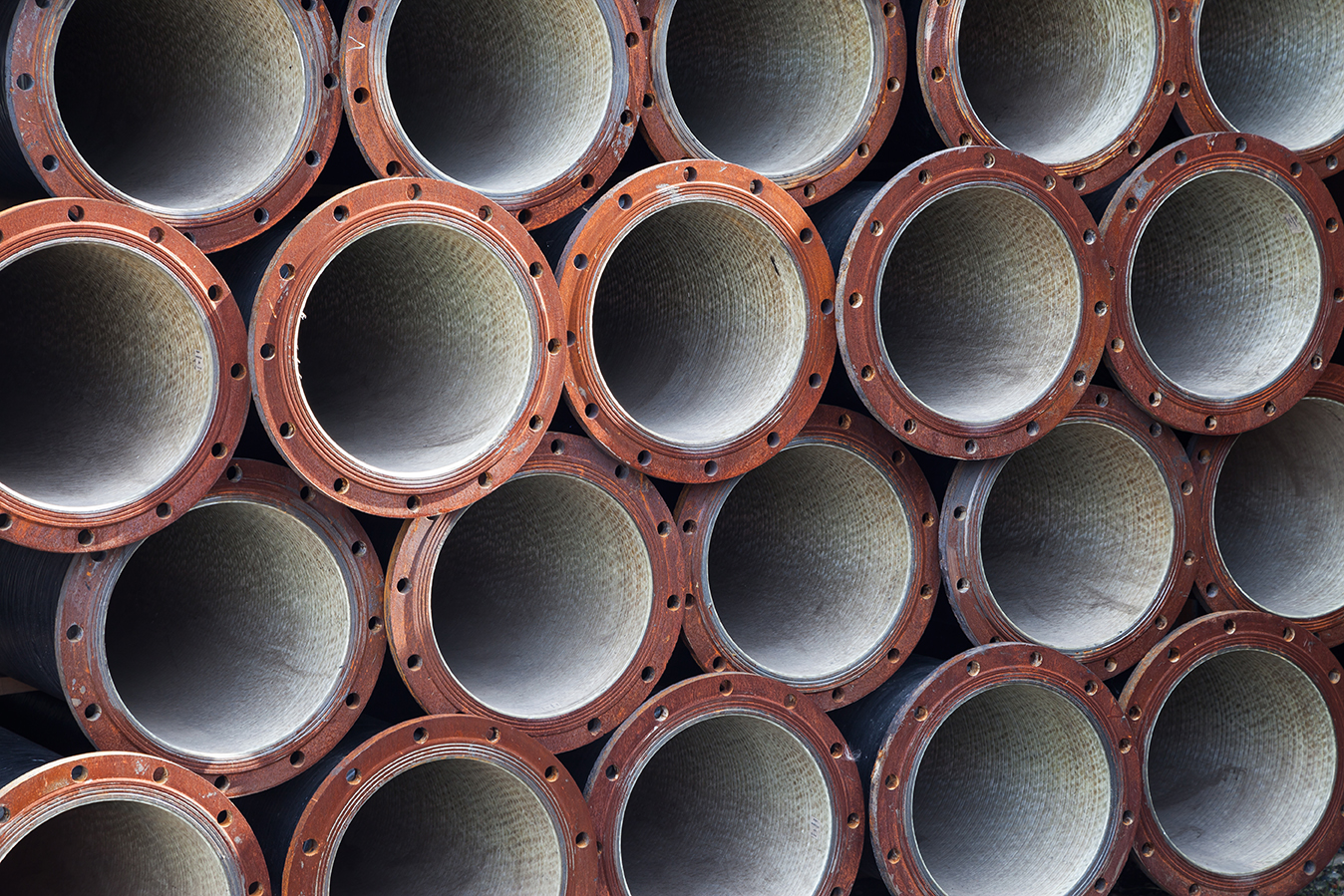Industrial systems across sectors like petrochemical, energy, and manufacturing depend on reliable sealing solutions to prevent leaks, maintain pressure, and extend equipment lifespan. Gaskets play a vital role in this process by forming secure seals between components under varying pressures and temperatures. Recent advancements in gasket technologies are driving a shift toward greater reliability, reduced downtime, and lower maintenance costs.
Innovative gaskets made from next-generation materials are improving performance in demanding applications. From improved chemical resistance to enhanced flexibility, new material blends and production methods are changing what’s possible in industrial sealing systems. Understanding how these modern advancements are reshaping gasket seal performance helps businesses reduce risk and optimize long-term operations.
What Drives Innovation in Gasket Technologies
Modern gasket design is influenced by several key performance demands. As industrial systems operate under more aggressive conditions, such as extreme heat, high vibration, and corrosive chemicals, traditional materials often fall short. Engineers now seek sealing technologies that can meet the following criteria:
- Long-term temperature resistance;
- Chemical and solvent compatibility;
- Resistance to compression set and creep;
- Adaptability to flange imperfections; and
- Lower installation time and improved durability.
In response, manufacturers are combining advanced elastomers, thermoplastics, and fillers to deliver gaskets that outperform older generations of materials. Computer-aided engineering and precision molding also allow for tighter tolerances and custom designs tailored to specific equipment.
Key Material Innovations Driving Gasket Performance
The choice of material is critical to the function and longevity of a gasket. The rise of engineered materials is one of the most impactful shifts in the industry today. Here are some of the most widely adopted modern materials:
| Material | Benefits | Common Applications |
| PTFE (Polytetrafluoroethylene) | Exceptional chemical resistance, low friction, non-stick surface | Chemical processing, food-grade systems |
| Graphite composites | High temperature resistance, excellent recovery | Steam, high-temperature flanges, and exhaust systems |
| ePTFE (Expanded PTFE) | Conformability to irregular surfaces, low cold flow | Glass-lined equipment, plastic flanges |
| Silicone blends | Good flexibility, UV and ozone resistance | Outdoor enclosures, electronic sealing |
| HNBR (Hydrogenated Nitrile Butadiene Rubber) | Oil resistance, thermal stability | Automotive, heavy equipment |
These materials can be customized further through fillers, fiber reinforcements, or lamination with metal cores to achieve specific tolerances and pressure handling capabilities. As new blends are tested and validated, their adoption is expected to grow in harsh industrial environments.
Improving Gasket Seal Performance With Precision Manufacturing
Material innovation alone is not enough to ensure superior gasket seal performance. Precision in design and manufacturing plays a key role in how well a gasket performs over its service life. Modern production methods include:
- CNC-controlled die cutting for exact fit in critical applications.
- Laser measurement for dimensional accuracy.
- Form-in-place (FIP) gasket technology for automation and customization.
Form-in-place gaskets have become increasingly popular for applications where traditional gaskets may shift or compress unevenly. FIP technology involves dispensing liquid gasket material directly onto a flange or groove, where it cures in place. This method eliminates the need for manual cutting or handling and creates a seamless, leak-proof seal every time.
Advantages of Using Innovative Gaskets in Industrial Systems
Industries that upgrade to modern gasket technologies often see measurable improvements across several performance areas. Benefits of switching to advanced gaskets include:
- Reduced maintenance intervals;
- Improved uptime and operational efficiency;
- Fewer sealing failures and lower leakage risk;
- Greater compatibility with aggressive fluids; and
- Faster installation with FIP or pre-molded seals.
When gasket selection is tailored to the operating conditions, such as temperature, pressure, chemical exposure, and mechanical stress, the result is a longer-lasting seal and fewer equipment shutdowns.
Gasket Technologies and the Role of Digital Simulation
Another important development in gasket technologies is the use of simulation and digital modeling during the design phase. Engineers can now test various gasket profiles and materials in virtual environments before committing to a specific configuration. Benefits of simulation include:
- Predicting seal stress and deformation under load.
- Modeling thermal expansion effects.
- Identifying optimal flange and fastener designs.
This proactive approach not only improves gasket performance but also shortens the development cycle and minimizes trial-and-error during installation or maintenance.
Environmental and Safety Considerations
Gasket technologies have also evolved to meet modern environmental and workplace safety standards. For example, non-asbestos gaskets have largely replaced traditional asbestos-based products due to health risks. Today’s materials offer equivalent or better performance without hazardous exposure risks.
In industries such as petrochemicals or food processing, the use of FDA-compliant and low-VOC gasket materials is now standard. These technologies support safer working environments and help companies meet environmental compliance goals.
Reliable Supply of High-Performance Gaskets
One of the challenges in upgrading to newer gasket technologies is availability. Not all suppliers carry a broad inventory of advanced sealing materials, and delays can result in costly downtime. For industrial operations across Texas and the Gulf Coast, sourcing from a fast, responsive supplier ensures the right gasket is available when needed, whether for emergency replacement or scheduled maintenance.
Partnering with Coastal Resource Group for Reliable Industrial Supplies
Coastal Resource Group supplies a wide range of industrial products, including gaskets, sealing materials, HDPE pipe, valves, fittings, and welding equipment. As a one-stop shop industrial supplier with locations in La Porte and Seguin, Texas, Coastal supports oilfield, refinery, and heavy industry clients throughout the region. Clients benefit from:
- Fast delivery from Texas to remote job sites.
- 24/7 availability for urgent supply needs.
- Expert staff who understand sealing performance requirements.
- Comprehensive inventory of industrial-grade materials and tools.
Whether you need to replace aging gaskets with high-performance alternatives or equip an entire facility with upgraded sealing solutions, Coastal Resource Group is ready to support your operation. Our mission is to keep your projects on schedule with dependable equipment, expert advice, and the fastest delivery in the region.
Contact us today to request a quote and discover how Coastal Resource Group can keep your job running without delays.


